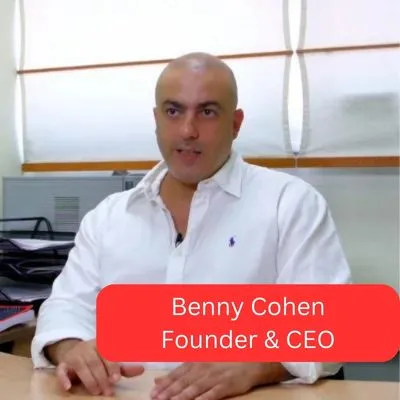Embedded Systems
Embedded computer systems are systems that include a CPU (processor) that performs various specific operations. Everyday systems such as mobile phones, handheld computers (PALM PILOT), remote controls, and more, belong to this category. In contrast to PCs, which are General Purpose systems, Embedded Systems are application-specific, which means they are primarily designed to optimally serve the required application. The architecture in these systems differs from PCs in terms of CPU capability and speed, System Bus speed, required memory (RAM/Flash), and more.
Embedded computer systems are systems that include a CPU (processor) that performs various specific operations. Everyday systems such as mobile phones, handheld computers (PALM PILOT), remote controls, and more, belong to this category.
In contrast to PCs, which are General Purpose systems, Embedded Systems are application-specific. Meaning, they are primarily designed to optimally serve the required application. The architecture in these systems differs from PCs in terms of CPU capability and speed, System Bus speed, required memory (RAM/Flash), and more.
Real-Time Systems
Deterministic and consistent systems (not necessarily embedded computers) that are committed to processing information and providing responses within a deterministic and consistent timeframe. The course covers the main components involved in the development of embedded computer applications.
Additionally, it addresses challenges faced by development engineers, the process, and tools used in embedded application development. It also delves into the objects and services provided by a real-time operating system and how they are integrated into the application.
Who is the RT Concepts course for?
- Software engineers, developers, programmers.
- People who are interested in learning Embedded Systems development under the Linux operating system.
- Embedded Bare-Board Engineers who wish to learn about developing device drivers under the Linux operating system.
- Hardware engineers, software engineers, and computer scientists who are interested in gaining practical knowledge in the Linux kernel world.
RT Concepts Course Prerequisites
- Basic computer skills.
- Background and/or experience in C++/C programming — mandatory.
- Professional knowledge interview.
RT Concepts Course Description
- This course is a practical course that includes lectures and hands-on exercises.
- Learning RT (Real-Time) Embedded Concepts with exercises and solutions.
- Classroom exercises accompanied by explanations, homework assignments, and solutions on the course website.
- Course booklet.
- Videos and presentations on the course website.
- Towards the end of the course, each student will complete a practical project that summarizes the acquired knowledge during the course.
- Lectures take place once a week in the evening or morning hours.













